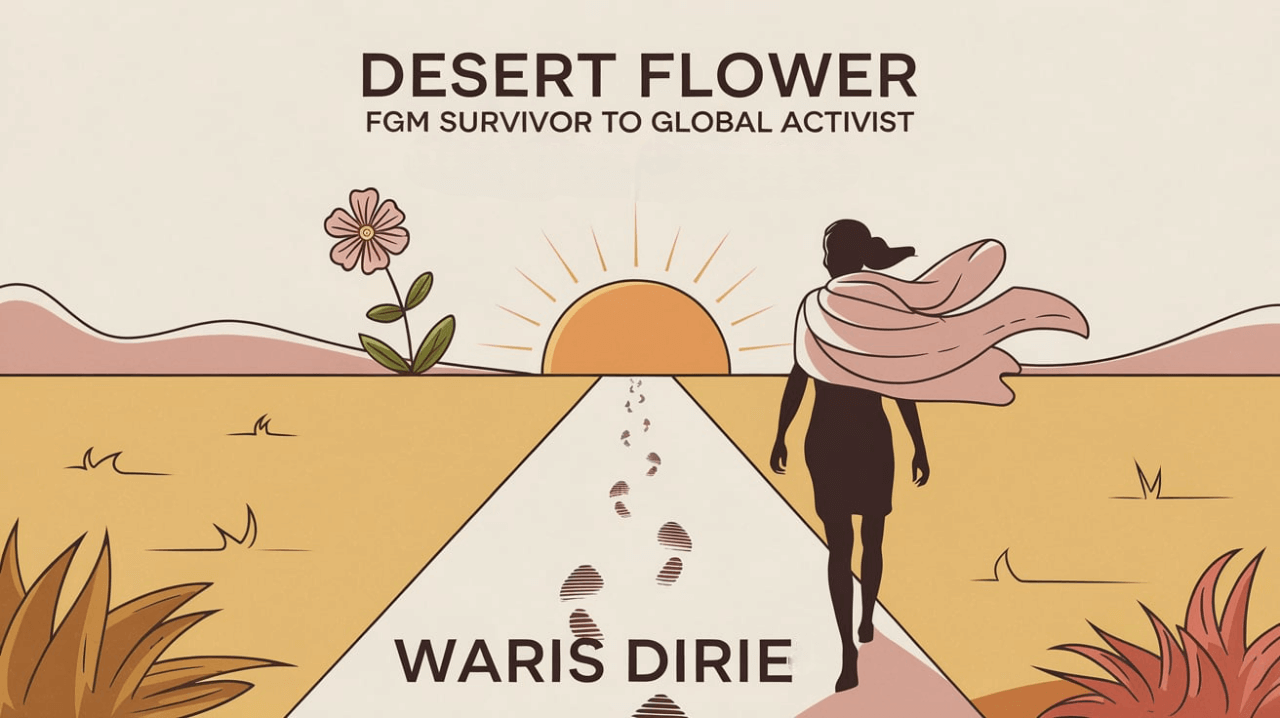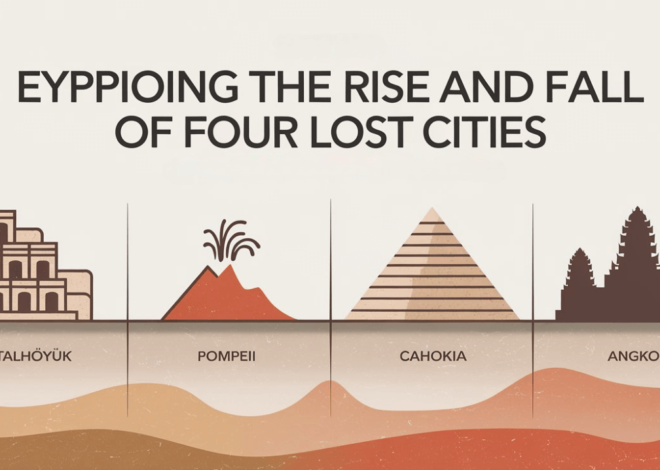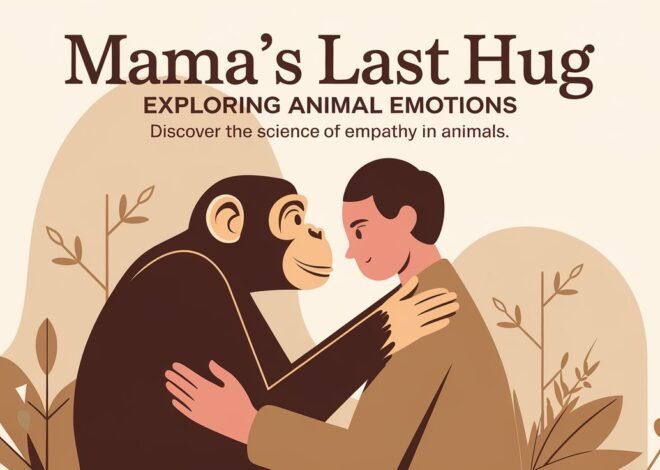
Desert Flower: Waris Dirie’s Journey from FGM Survivor to Global Icon of Change
Waris Dirie’s story is more than a tale of triumph; it’s a beacon of hope for millions. Born into a nomadic life in the harsh Somali desert, she rose from unimaginable circumstances to international fame as a supermodel and ultimately became a fearless advocate against female genital mutilation (FGM). Her autobiography, Desert Flower, serves as a powerful reminder of the strength of the human spirit and the fight for women’s rights worldwide.
Who is Waris Dirie? A Life Defined by Resilience
Waris Dirie is best known as an international supermodel and the first Black woman to grace the cover of Vogue. She starred as a Bond girl in The Living Daylights and was named one of Forbes‘s 30 Most Influential Women. But behind her glamorous public persona lies a harrowing past and a mission to bring an end to the brutal practice of FGM.
Born in 1965, Waris lived as a shepherd girl in the arid deserts of Somalia. Her family endured relentless hardships, surviving on camel milk and moving frequently in search of water. Despite the adversity, Waris’s spirit was forged by her family’s resilience and love.
Understanding the Horrors of FGM
One of the most painful experiences in Waris’s life was undergoing FGM at the age of five. In Somalia, FGM is deeply rooted in cultural and social beliefs, often justified as a means to ensure purity and marriageability. The procedure involves removing a girl’s external genitalia and sewing her vaginal opening shut—a practice that leads to life-threatening complications.
Waris endured this excruciating procedure without anesthesia or sterilized tools, performed by a gypsy woman using a dull knife. Her older sister had already died from the same procedure, but societal pressure overrode her parents’ fears. The physical pain was indescribable, but the emotional scars ran even deeper.
Key Statistics on FGM:
- Over 200 million women and girls worldwide have undergone FGM.
- Every year, 4 million girls are at risk of being subjected to this practice.
- FGM is prevalent in over 30 countries, primarily in Africa, the Middle East, and Asia.
From the Desert to London: The Beginning of a New Life
At 13, Waris fled her home to escape an arranged marriage to a man in his sixties. She walked across the Somali desert alone, surviving hunger, thirst, and even a lion encounter. Eventually, she made her way to Mogadishu and later secured a position as a maid at the Somali embassy in London.
Despite her new surroundings, life in London offered little freedom. She worked tirelessly as a house servant, but her determination to escape her circumstances never wavered. Waris eventually took a leap of faith, left her employer, and started carving her path in the bustling city.
From Housemaid to Supermodel
Waris’s life changed when a photographer noticed her striking beauty while she was working at McDonald’s. Despite her lack of English skills, she agreed to a photo shoot, which marked the start of her modeling career. Her breakthrough came in 1987 when she was selected as a Pirelli Calendar girl—a prestigious opportunity that catapulted her into the spotlight.
Highlights of Waris Dirie’s Modeling Career:
- First Black model on the cover of Vogue.
- Brand ambassador for global names like Revlon, Chanel, and Olay.
- Runway appearances in New York, Paris, and Milan.
While her modeling career flourished, Waris remained haunted by her past. She knew she had survived for a reason far greater than fame.
Speaking Out: The Fight Against FGM
In 1997, Waris revealed her experience with FGM in a Marie Claire interview, sparking global attention. The interview led to a UN appointment as the first Special Ambassador for the Elimination of FGM, a role that allowed her to amplify her advocacy efforts.
Waris’s autobiography, Desert Flower, published in 1998, became an international bestseller and was later adapted into a critically acclaimed film. Her story brought unprecedented awareness to the horrors of FGM and inspired global action.
Progress in the Fight Against FGM:
- Over 18,000 community education initiatives launched by the UN in Africa.
- More than 8,000 communities pledged to abandon FGM.
- February 6 declared as International Day of Zero Tolerance for FGM.
Waris Dirie’s Legacy and Impact
In 2002, Waris founded the Desert Flower Foundation, dedicated to eradicating FGM and supporting survivors. The foundation provides education, medical care, and advocacy programs in regions where FGM is prevalent. Her relentless efforts have saved countless lives and contributed to a significant decline in FGM rates across Africa.
Quotes on Waris Dirie’s Work:
- “Waris Dirie is a remarkable and courageous person. Her story is an inspiration.” — UNFPA
- “Waris’s story is one of remarkable courage. She battles against oppression and emerges a real champion.” — Elton John
How You Can Help
Waris Dirie’s mission is far from over. Millions of girls remain at risk, and your support can make a difference. Here’s how you can help:
- Donate: Contribute to organizations like the Desert Flower Foundation.
- Educate: Share information about FGM and its impact on women and girls.
- Advocate: Push for laws and policies that protect girls from FGM.
Conclusion: A Desert Flower in Full Bloom
Waris Dirie’s life is a testament to resilience and purpose. She turned her pain into a global movement, using her platform to fight for the dignity and rights of women everywhere. Desert Flower is not just her story—it’s a call to action for a world free from FGM.


